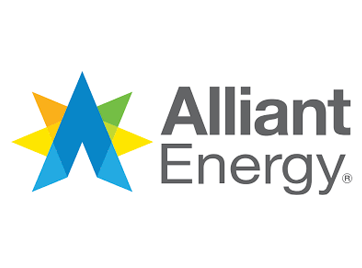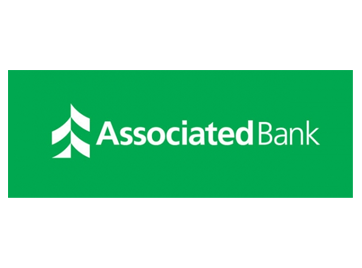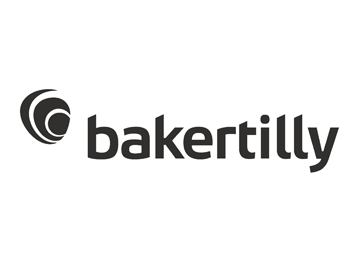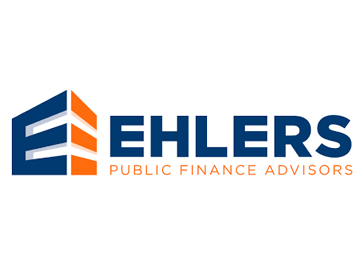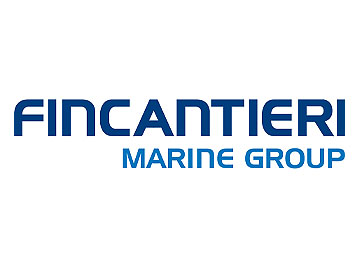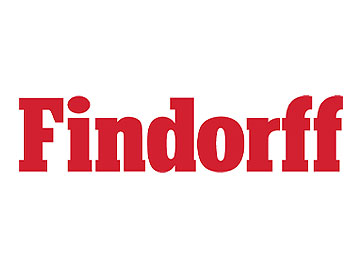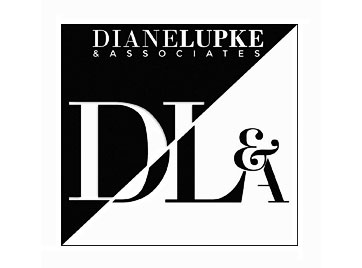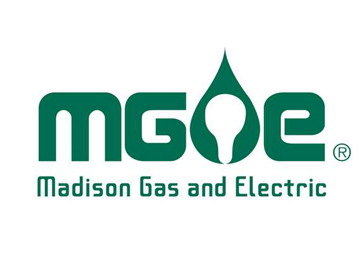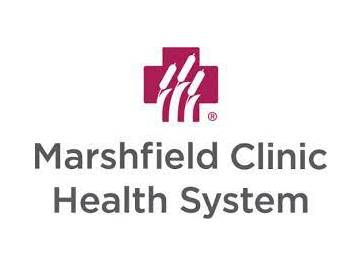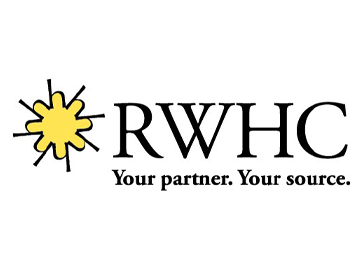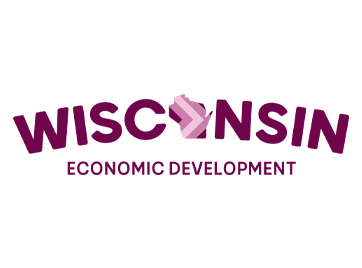Legislature Approves Budget Bill; Sends two-year spending plan to Gov. Evers
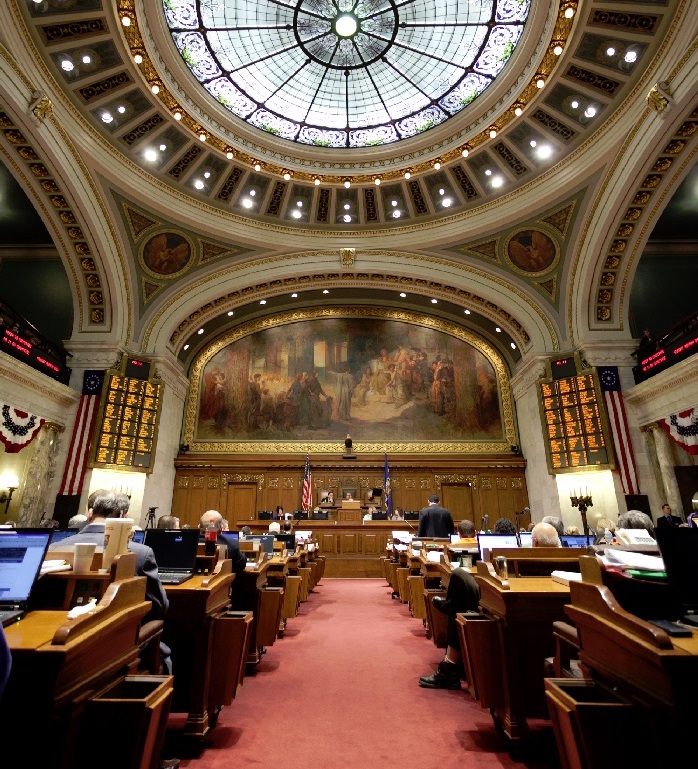
Earlier this week, the Republican-controlled legislature passed the 2019-21 state budget bill and sent the $82 billion, two-year spending plan to Gov. Tony Evers, who can reshape the legislation with his extensive line-item veto authority or veto the document in its entirety.
Republican lawmakers were able to push the legislation through after rewriting much of the budget recommended by Evers in February. The GOP removed hundreds of provisions from the initial Evers’ budget, including a provision to limit Tax Incremental Financing (TIF) developer grants to 20 percent of a TIF district’s total project costs and a proposal to significantly reduce the Manufacturing and Agriculture Tax credit. WEDA opposed both measures and actively lobbied to remove them from the budget.
Gov. Evers has called on the legislature to send him the budget bill. Once delivered, Evers will have six days to act on the legislation.
Please find below the economic development-related highlights included in the budget as passed by the legislature:
WORKFORCE DEVELOPMENT:
- Provides an additional $3 million in each year of the biennium, for a total of $6 million for Career and Technical Education grants.
- Provides an additional $2.76 million in each year of the biennium, for a total of $5.5 million for grants to local youth apprenticeship consortia.
- Provides an additional $500,000 in each year of the biennium, for a total of $1 million for the Technical Education Equipment Grant program.
- Provides an additional $25 million over the biennium for the Wisconsin Technical College System.
TRANSPORTATION:
- Increases vehicle title fees by $95 (from $69.50 to $164.50). The fee increase would generate an additional $272,913,600 in new revenue over the biennium.
- Increases vehicle registration fees by $10 (from $75 to $85). The fee increase would generate an additional $65,317,600 in new revenue over the biennium.
- Sets the registration fee for light trucks – across all weight classes – at $100. The fee increase would generate an additional $18,493,500 in new revenue over the biennium.
- Increases local transportation aid for counties by $13,886,800 over the biennium – a 10% increase. The motion would provide counties an annual total of $122,203,200 in transportation aid in 2020 and thereafter.
- Increases local transportation aid for municipalities by $52,295,900 over the biennium – a 10% increase. The motion would provide municipalities an annual total of $383,503,200 in transportation aid in 2020 and thereafter. The motion would also increase the mileage aide rate for municipalities by $239 per mile (from $2,389 to $2,628) beginning in 2020.
- Provides one-time funding of $90 million (from the state’s general fund) for local transportation projects. The motion would allocate $32,003,200 for counties; $22,847,400 for municipalities; and $35,149,400 for towns. Local units of government would be required to: 1.) Apply for funding through the Department of Transportation (DOT); and 2.) Provide a 10% project cost match.
- Increases funding for the State Highway Rehabilitation program.
- Increases finding for large highway projects in southeastern Wisconsin.
- Provides a 2% increase in mass transit operating assistance.
- Provides $30 million in bonding for the freight rail preservation program.
- Provides $1.5 million – from the freight rail infrastructure improvement program revolving loan fund balance – for intermodal facilities grants.
- Authorizes $326 million in new transportation bonding over the biennium – the lowest amount in decades.
- Provides $2.5 million to DOT to hire a consultant to conduct a study of the viability of a mileage-based fee and outline a plan to implement such a fee. The provision also requires the DOT to submit a recommendation on implementation of a mileage-based fee plan by January 1, 2023.
UNIVERSITY OF WISCONSIN SYSTEM:
- Provides the UW System with an additional $58 million over the biennium.
- Provides $1 billion for new campus buildings across the UW System.
- Maintains the freeze on in-state tuition.
OTHER ITEMS OF NOTE:
- Transfers $44 million in federal e-rate funds to the state’s Broadband Expansion Grant Program to distribute an additional $22 million in grants per year.
- Requires WEDC to make a payment of $25,000,000 (from unencumbered economic development funds) for deposit into the state’s general fund on or before January 1, 2020.
- Approved a $32 million middle-class tax cut that would lower income taxes for the second-lowest bracket. On average, the tax cut would reduce income taxes by $75 per person in 2019 and by $136 in 2020.
- Provides $25 million for a grant program that allows municipalities and counties to apply to the State Building Commission for grant funding on behalf of private organizations for certain construction projects. Allocates $3 million of the $25 million to build an economic and community hub in Wisconsin Rapids.
KEY ITEMS REMOVED FROM THE BUDGET:
The following budget initiatives recommended by Gov. Evers were REMOVED from the bill by the legislature:
- The provision to limit TIF developer grants to 20 percent of a TIF district’s total project costs.
- The provision to limit the manufacturing portion of the Manufacturing and Agriculture Tax Credit to only apply to the first $300,000 in qualified production income.
- The provision to cap the Enterprise Zone Tax Credit program to a total of 35 zones statewide.


